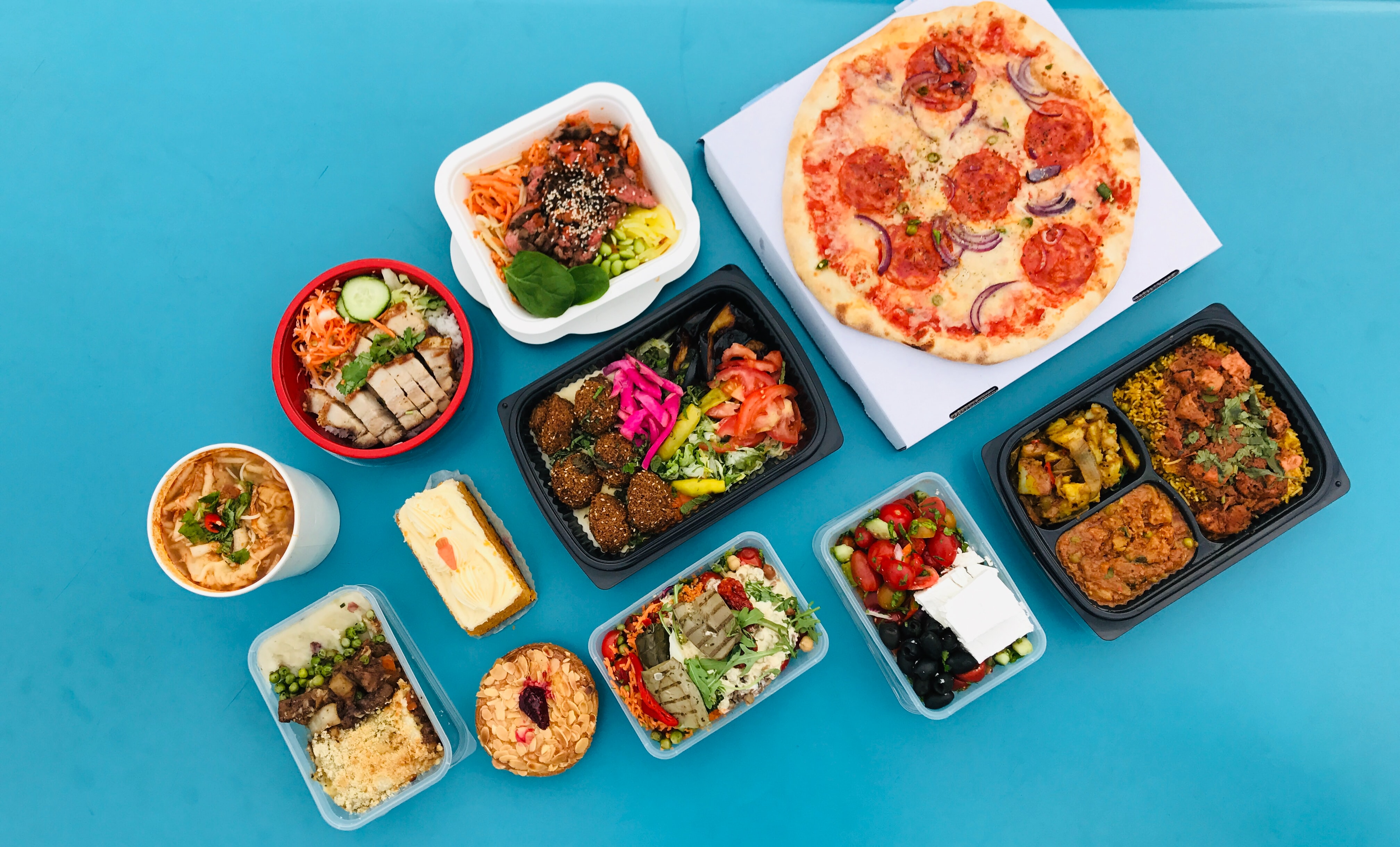Does nutrition come down to culture?
Medical Pharmaceutical Translations • Apr 19, 2021 12:00:00 AM

Updated: Apr 22, 2021
Most of us have been taught that there are set, standard rules to healthy eating. This includes what a person should eat.
But what happens if a person or group of people don’t have access to those foods? What if they can’t eat them due to religious or cultural beliefs? What if a food or drink that’s considered unhealthy in our culture is perceived differently in their own?
A recent article on healthline.com explores how cultural differences can get in the way of nutritional advice from doctors and other medical professionals.
The article gives several examples of how ignorance or misunderstanding can make dietary instructions complicated. For instance, a Nigerian patient may be used to consuming starches like cornbread, which are very different from the starches an American doctor is familiar with when giving advice about healthy eating.
Or imagine that an American moves to Japan and is told that they must eat certain dishes to help with a health issue. The American is unfamiliar with these dishes, doesn’t know how to prepare them, and may not even know where to get the ingredients, let alone why these particular foods are considered beneficial.
These examples show how healthy eating may seem like common sense, but a large part of it has to do with “cultural sense”, as well.
Since the 1990’s, a concept known as cultural competence has been developing in the medical community. When it comes to nutrition ,the idea essentially boils down to educating nutritionists about eating practices and ideas about food in different cultures. This knowledge allows them to better advise, help, and understand their patients.
That said, the article points out that the concept can be harmful if it’s taken to an extreme. After all, even if a person seems to have a particular cultural background, not everyone eats the exact same way. There are, after all, Jewish people who don’t keep kosher, vegetarians from cultures whose most famous dishes are meat-based, and people with allergies, intolerances, or simply tastes that keep them from eating according to their cultural norm.
By expecting a person from a certain culture to eat a certain way, healthcare providers who practice cultural competence could end up offending and alienating patients, despite their good intentions.
The best thing to do is ask a patient how and what they typically eat and if they have any dietary restrictions or allergies. If a healthcare provider is too busy to stop and have a conversation, maybe they can create a questionnaire for patients to fill out.
So, then, is cultural knowledge ultimately useless? Not at all. Having a good background knowledge of what’s likely to be a patient’s relationship to food is a good jumping-off point.
The article includes a helpful list of organizations that promote cultural competence. These are a great resource for that background information.
But ultimately – as some might say about nutrition – it’s about balance. Cultural knowledge is useful, but it should never replace the idea that every human being is different, no matter where they come from or what they believe. Dialogue is the best way to reach cultural competence on an individual level.
Contact Our Writer – Alysa Salzberg
